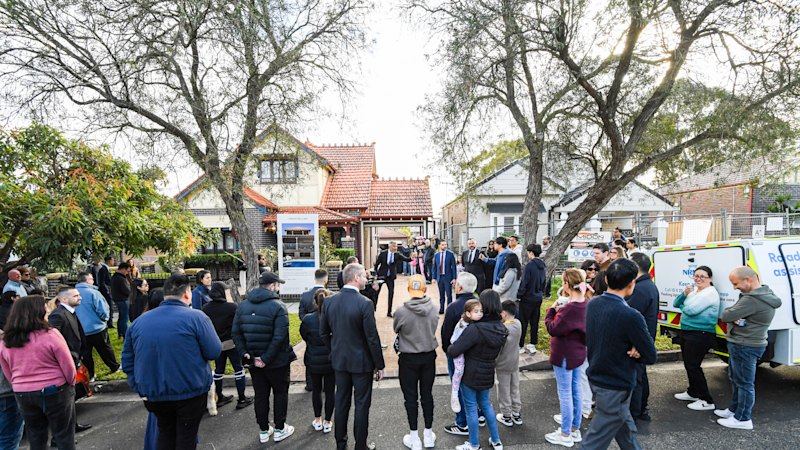
News
August 25, 2025
Is buying a home really better than renting?
Ask yourself these questions before you jump into homeownership.
## Is Buying a Home Really Better Than Renting? Ask Yourself These Questions First
For generations, the dream of owning a home has been deeply ingrained in the American psyche. It represents stability, security, and a piece of the pie. But is buying a home always the best financial decision? With rising interest rates, fluctuating property values, and the ever-increasing costs of home maintenance, the answer isn't as straightforward as it used to be. Before you jump into the world of mortgages and property taxes, it's crucial to ask yourself some tough questions.
One of the first things to consider is your long-term plans. Are you planning to stay in the same city for at least five to seven years? Buying a home involves significant upfront costs, including closing costs, down payments, and moving expenses. If you move sooner than that, you might not recoup those costs, and you could even lose money if you have to sell in a down market. Renting offers more flexibility if your career or personal life might take you elsewhere.
Next, take a hard look at your financial situation. Can you comfortably afford a down payment, monthly mortgage payments, property taxes, and homeowner's insurance? And don't forget about the unexpected expenses that come with homeownership, like leaky roofs, broken appliances, and plumbing issues. These repairs can quickly eat into your savings. Renting, on the other hand, typically offers more predictable monthly costs, with the landlord responsible for most repairs.
Another crucial question is whether you're ready for the responsibilities of homeownership. Owning a home is more than just paying the bills. It involves maintaining the property, mowing the lawn, shoveling snow, and dealing with all sorts of potential problems. If you're not handy or don't have the time to dedicate to these tasks, you'll need to hire professionals, which can add to your expenses. Renting allows you to leave these responsibilities to someone else.
Finally, consider your lifestyle. Do you value the freedom to move easily and try new things? Or do you prefer the stability and sense of community that can come with owning a home? Buying a home is a major commitment, both financially and emotionally. It's essential to weigh the pros and cons carefully before making a decision that could impact your life for years to come. So, before you sign on the dotted line, take the time to ask yourself these critical questions. The answer
For generations, the dream of owning a home has been deeply ingrained in the American psyche. It represents stability, security, and a piece of the pie. But is buying a home always the best financial decision? With rising interest rates, fluctuating property values, and the ever-increasing costs of home maintenance, the answer isn't as straightforward as it used to be. Before you jump into the world of mortgages and property taxes, it's crucial to ask yourself some tough questions.
One of the first things to consider is your long-term plans. Are you planning to stay in the same city for at least five to seven years? Buying a home involves significant upfront costs, including closing costs, down payments, and moving expenses. If you move sooner than that, you might not recoup those costs, and you could even lose money if you have to sell in a down market. Renting offers more flexibility if your career or personal life might take you elsewhere.
Next, take a hard look at your financial situation. Can you comfortably afford a down payment, monthly mortgage payments, property taxes, and homeowner's insurance? And don't forget about the unexpected expenses that come with homeownership, like leaky roofs, broken appliances, and plumbing issues. These repairs can quickly eat into your savings. Renting, on the other hand, typically offers more predictable monthly costs, with the landlord responsible for most repairs.
Another crucial question is whether you're ready for the responsibilities of homeownership. Owning a home is more than just paying the bills. It involves maintaining the property, mowing the lawn, shoveling snow, and dealing with all sorts of potential problems. If you're not handy or don't have the time to dedicate to these tasks, you'll need to hire professionals, which can add to your expenses. Renting allows you to leave these responsibilities to someone else.
Finally, consider your lifestyle. Do you value the freedom to move easily and try new things? Or do you prefer the stability and sense of community that can come with owning a home? Buying a home is a major commitment, both financially and emotionally. It's essential to weigh the pros and cons carefully before making a decision that could impact your life for years to come. So, before you sign on the dotted line, take the time to ask yourself these critical questions. The answer
Category:
Politics